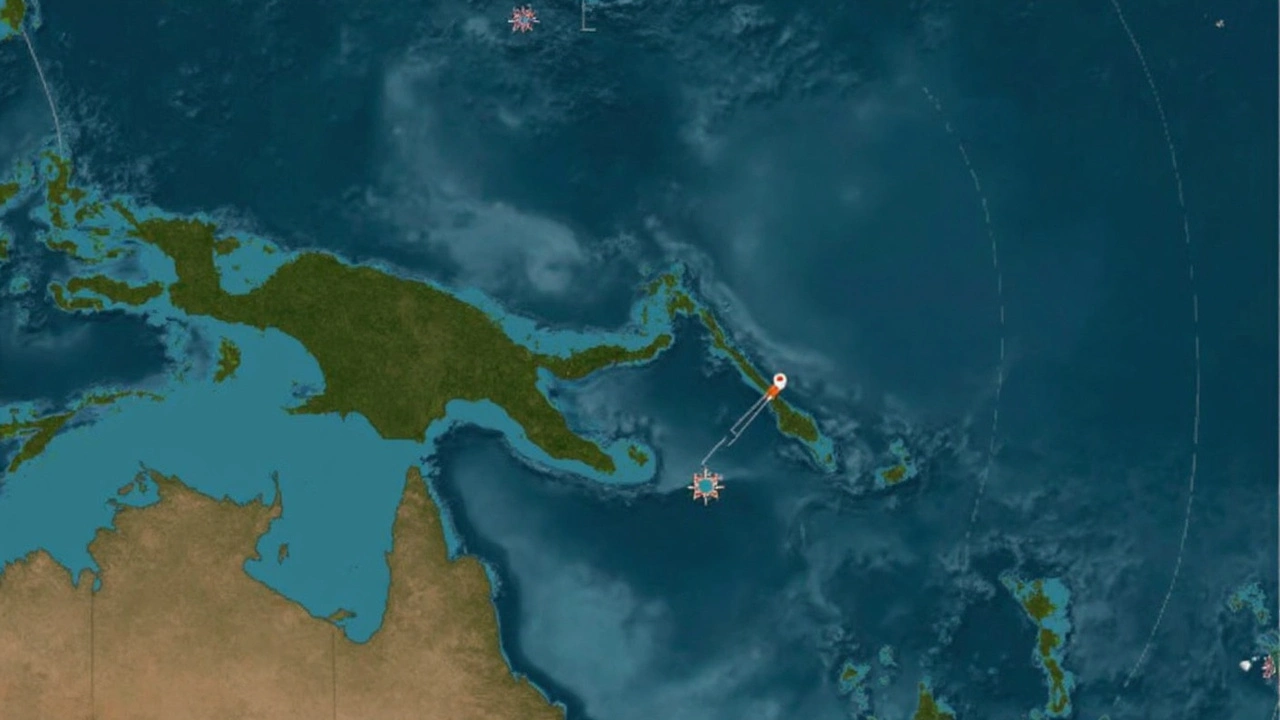Earthquake Updates & Safety Tips – What’s Happening and How to Stay Safe
If you’ve seen headlines about a big quake in Afghanistan, you’re not alone. A 6.0‑magnitude earthquake rattled the region, killing over 1,100 people and leaving thousands injured. The disaster shows why staying informed and knowing basic safety steps matters for anyone, no matter where you live.
What We Know About the Latest Earthquake
On August 31, the quake struck about 17 miles east of Jalalabad, shaking Kunar and Nangarhar provinces the hardest. More than 8,000 homes collapsed, and landslides blocked roads to remote villages. Rescue teams from China and the International Federation of Red Cross are already on the ground, but the damage makes it hard to reach many survivors.
Officials say the death toll could rise as crews work through the rubble. The biggest challenge right now is clearing landslides and opening blocked routes so medical aid can get to those that need it most. If you follow the story, you’ll notice that local authorities are urging people to stay away from damaged buildings until they’re inspected.
Practical Tips to Stay Safe During an Earthquake
Even if you’re not in a quake zone, it’s smart to have a plan. Here are a few easy steps that can save lives:
- Drop, cover, and hold on. Get under a sturdy table or desk, protect your head, and stay put until the shaking stops.
- Know your exits. Practice a quick route out of each room in your home, especially if you live in a multi‑story building.
- Keep an emergency kit. Pack water, non‑perishable food, a flashlight, batteries, a first‑aid kit, and any prescription meds.
- Secure heavy items. Anchor bookcases, appliances, and large mirrors to walls to prevent them from falling.
- Stay informed. Follow trusted local news sources or official social media accounts for real‑time updates.
After the shaking ends, check for injuries, watch for aftershocks, and only use your phone for emergency calls. If you’re inside a building that looks damaged, move to a safe open space outside.
For those in earthquake‑prone areas, consider signing up for alert services that can push warnings straight to your phone. Early warnings give you a few precious seconds to get to cover.
Finally, remember that helping others can be as simple as offering water, a blanket, or a calm voice. After a big quake, communities come together quickly, and even small gestures make a difference.
Stay aware, keep the basics handy, and you’ll be better prepared the next time the ground moves.

Papua New Guinea Faces Tsunami Scare After Powerful 6.9 Earthquake Strikes Near New Britain
A magnitude 6.9 earthquake rattled Papua New Guinea near New Britain, setting off temporary tsunami warnings and briefly putting over 500,000 people on alert. The scare passed without causing damage, but it underscored the region's risk as part of the turbulent Pacific Ring of Fire.
View more